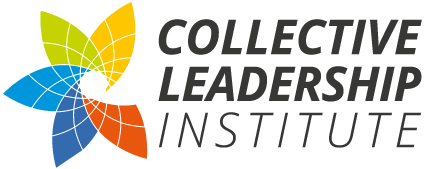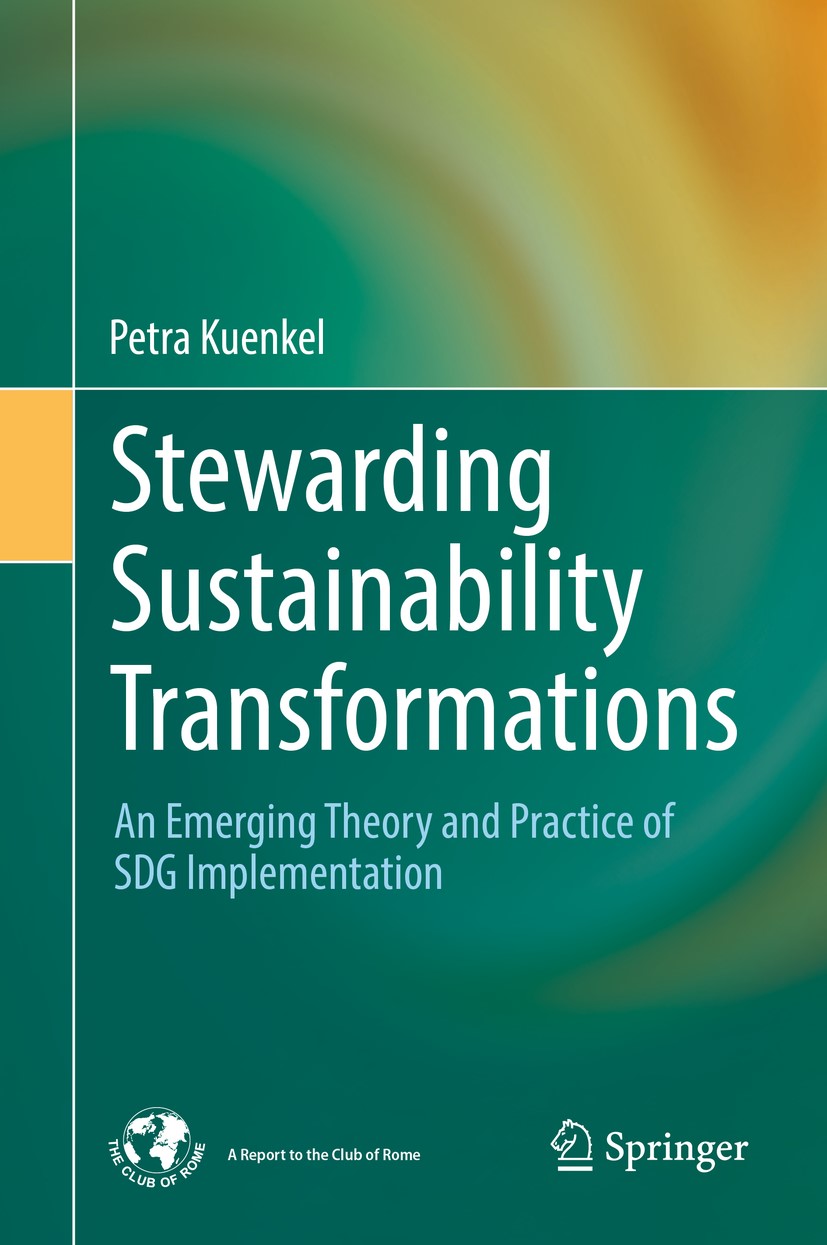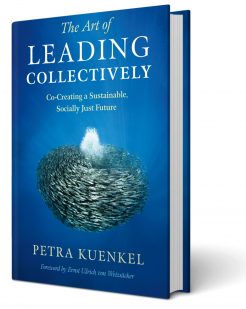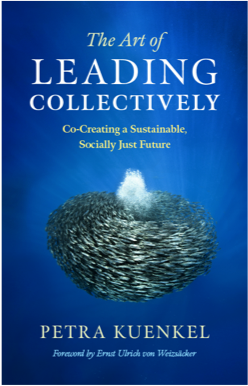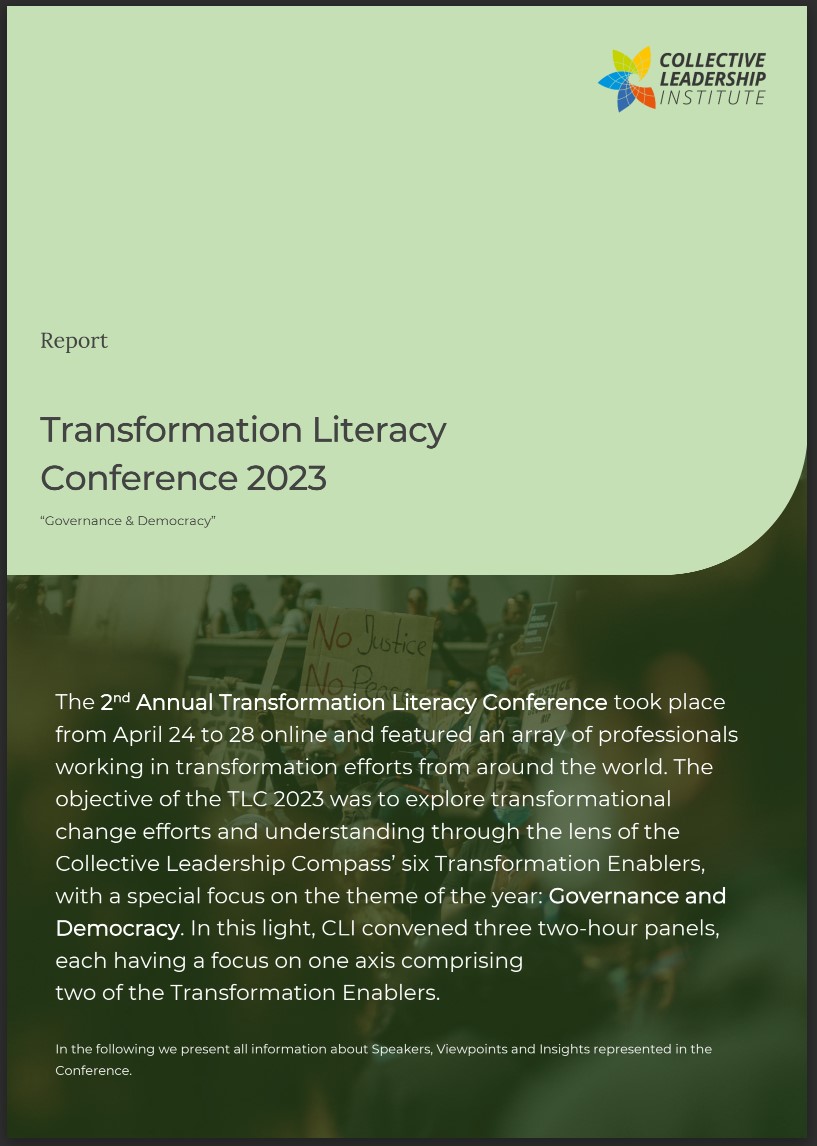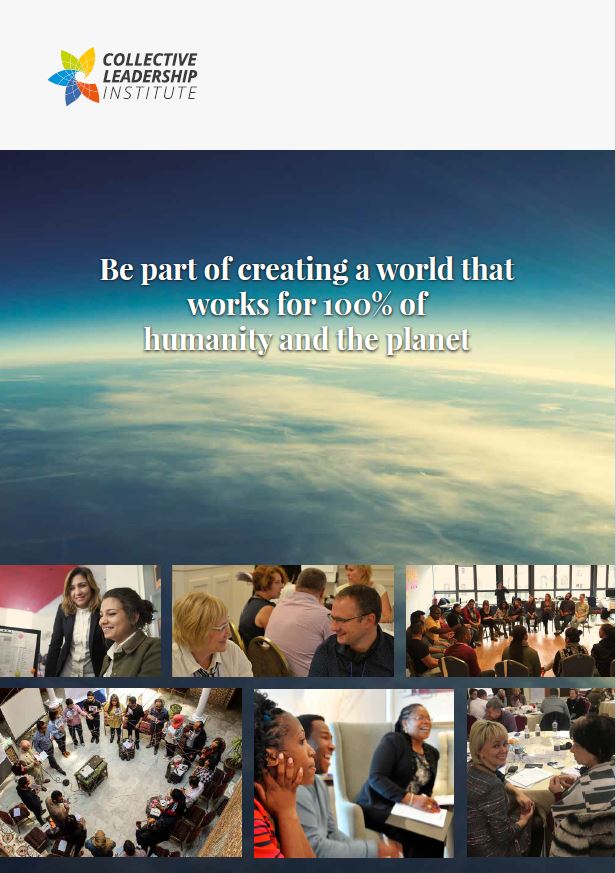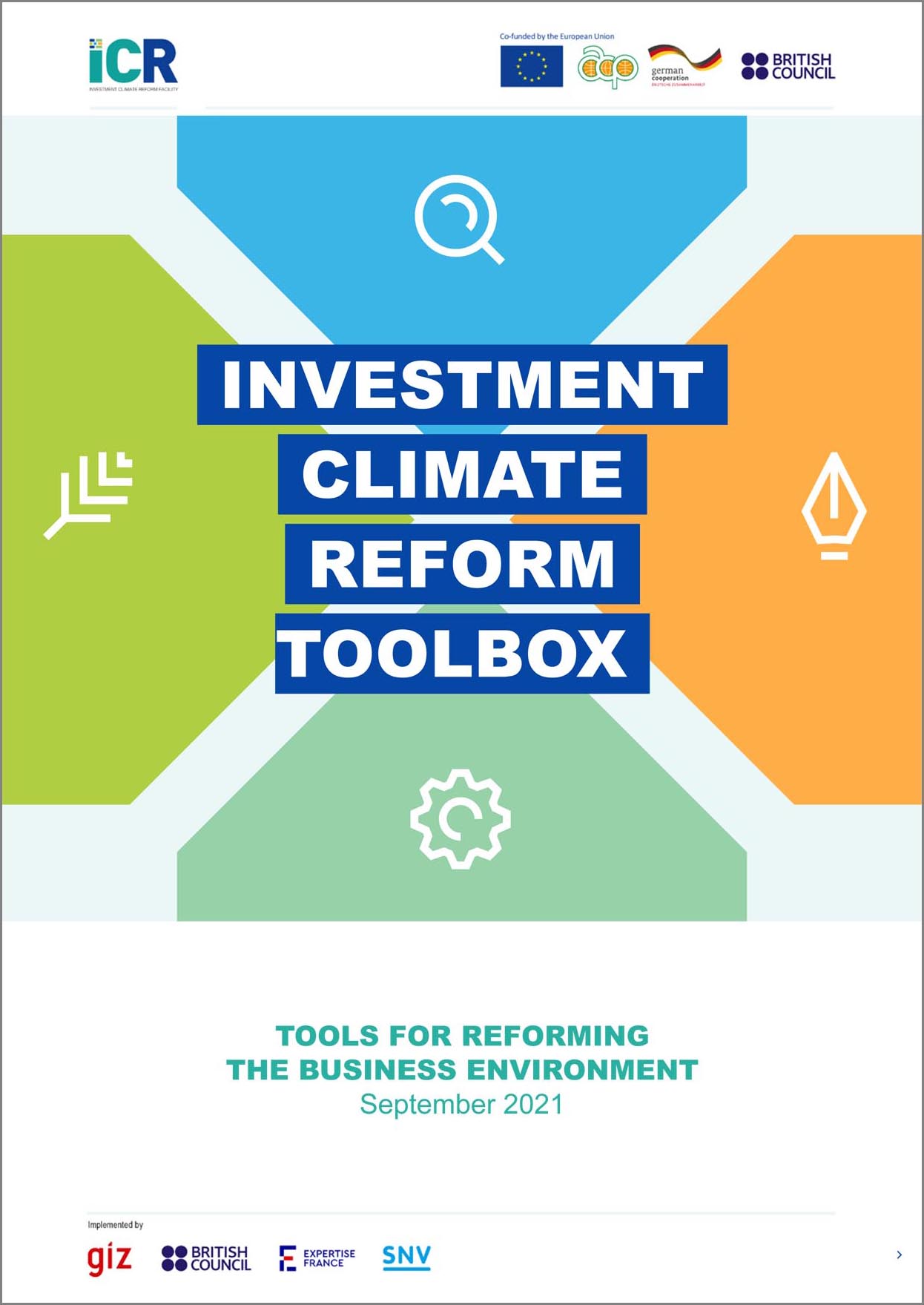Dr. Petra Kuenkel, Elisabeth Kuehn, Dominic Stucker, Douglas F. Williamson
This book directly helps decision-makers and change agents in companies, NGOs, and government bodies become more proficient in transformative, collaborative change in realizing the SDGs.
This practitioner’s handbook translates a systemic – and enlivening – approach to collaboration into day-to-day work and management. It connects the emerging practice of multi-stakeholder collaboration to easily understandable models, tools, and cases. Numerous, concrete cases not only bring this methodology to life, but also help identify the challenges and avoid common mistakes. The book can be used as a guide to apply a breakthrough approach for navigating the complexity of stakeholder systems, designing results-oriented process architectures, ensuring the success of cross-sector change initiatives, and enlivening collaboration ecosystems for SDG implementation. It is designed to enhance high quality stakeholder engagement, dialogue, and collaboration.
A must-read, the book sets a new standard for the collaborative implementation of Agenda 2030 and is a foundational guide for leading sustainability transformations collectively to achieve climate change mitigation, social integration, equitable value chains, and broad sustainability challenges.
This book is the standard reference material for Collective Leadership Specialists.
Citation: Kuenkel, P., Kuehn, E., Stucker, D. Williamson, D.F. (2020): Leading Transformative Change Collectively, Routledge – Taylor & Francis Group
Get your open access e-book or order printed copies here
French edition here: Conduire collectivement le changement transformateur. Guide du practicien pour la réalisation des ODD (2022)
Arabic edition here: ل التغيري القيادة الجماعية من أجل تحقيق (2022)
